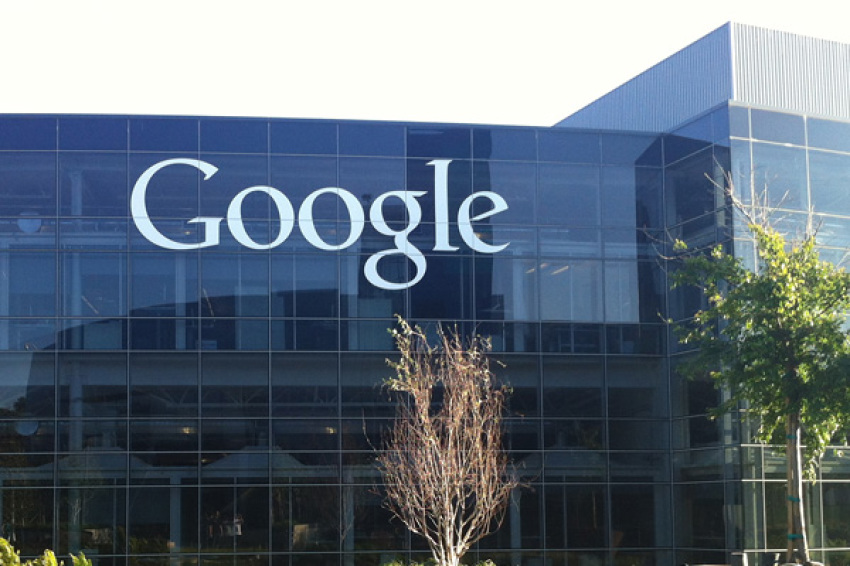US gov't files antitrust lawsuit against Google for monopolistic business practices

The federal government has filed an antitrust lawsuit against Google, alleging that the technology giant took illegal steps in order to preserve its monopoly in internet search and search advertising.
The Justice Department claims that Google is a monopoly and that it has utilized tactics to defend its dominance over all other rivals. The government also says that the company has struck deals with business partners to ensure that mobile device internet queries never go through a competitor.
Google says their favorable position is a result of consumer demand who wish to use its services and that their business partnership agreements are no different than similar deals that are made between other sectors, such as food companies that pay for product placement on supermarket shelves.
"Because Google is dominant, it can charge monopoly prices for sought-after advertising that appears alongside its search results, according to the lawsuit. The company then uses part of that revenue to pay partners for keeping Google as their default search provider, creating a self-reinforcing cycle of dominance, the suit said," The Wall Street Journal reported in its summation of the case.
"The company says the government’s lawsuit would artificially prop up lower-quality search alternatives, raise phone prices and make it harder for people to get the search services they want."
Eleven states, all of which have Republican attorneys general, have joined the lawsuit as plaintiffs: Arkansas, Florida, Georgia, Indiana, Kentucky, Louisiana, Mississippi, Missouri, Montana, South Carolina and Texas.
The move comes amid increased public scrutiny of Big Tech and the disproportionate power it wields over society.
U.S. Senator Josh Hawley, R-Missouri, heaped praise on the legal action, telling Fox News' Tucker Carlson Tuesday that reading the case title made him want to say "God Bless America."
"That's got to be some of the most patriotic words that have been written down in a long time, United States versus Google. I hope we'll see United States versus Facebook really soon too," Hawley said.
"What's at stake here is our democracy and who controls it. Is it going to be citizens, is it going to be voters? Or is it going to be Big Tech?"
Hawley's comments regarding social media companies stemmed from the social media giants limiting the reach and suppressing an Oct. 15 New York Post story revealing emails on a recently discovered laptop belonging to Hunter Biden, son of Democratic presidential candidate Joe Biden.
The emails showed that Hunter Biden had introduced his father, who was the U.S. vice president at the time, to an executive of Burisma, a Ukrainian energy company on whose board he served. This happened before then-Vice President Biden pressured the Ukrainian government, under threat of withholding U.S. aid, to fire a prosecutor who was investigating the company. The former vice president has previously denied knowing anything regarding his son's international business dealings.
Thus far, the Biden campaign has not disputed the authenticity of the emails but has characterized it as a "smear" operation and Russian-sponsored disinformation.
The New York Post had its Twitter account locked as a result of the story. The social media giant asserted it violated its policy on hacked material, and it has remained locked for an entire week.



























